Law Minister Kiren Rijiju seems to have developed a penchant for locking horns with the judiciary on the issue of the collegium. On Thursday he told the Rajya Sabha that the issue will not be resolved until a “new system” on appointments is evolved. The Government’s unease with collegium is well-known and hardly needs any reiteration. Chief Justice of India DY Chandrachud has already agreed to reconsider the collegium system. A writ petition seeking the revival of the National Judicial Appointments Commission (NJAC) is expected to be listed in due course. This means that the two organs of the State, the executive and the judiciary, can iron out their differences over the matter in a cordial manner. So, taking potshots at the judiciary all the time diminishes both the Government and the Supreme Court. But Rijiju is doing that only. He told the Upper House that there is a feeling among the people of India that the long vacation that the courts obtain is not very convenient for justice-seekers. But vacations are a convention that should not be trifled with at the drop of a hat in a democracy. A few days earlier too, he had slammed the collegium system, claiming that it is “opaque.” Recently, Vice-President and Vice-President Jagdeep Dhankhar had also criticised the Supreme Court’s 2015 decision invalidating the NJAC Act as a “severe compromise” of parliamentary sovereignty and disregard of the “mandate of the people.” In short, Government functionaries are relentless in their criticism of the collegium system.
This relentlessness is not winning many supporters. Last month, senior Congress leader and former law minister M Veerappa Moily not only denounced Rijiju over his remarks on the appointment of judges but also said the collegium system is “time-tested.” It may be recalled that the NJAC got support from across the political spectrum when it came into being in 2014. Over half of states, including those ruled by Congress and the Left, had ratified laws in favour of the NJAC. So what has happened in the last eight years that the parties opposed to the Bharatiya Janata Party have turned their back on the NJAC? The Government as well as the BJP must ponder over this question. The answer is obvious though: there is a huge trust deficit, not just between the Government and the Opposition but also between the Government and the judiciary. This is not a good sign for our democracy. At any rate, the biggest sufferers because of the executive-judiciary tussle are common people. Owing to the delays in judicial appointments, the already sluggish pace of justice dispensation is becoming even more so. Instead of firing salvos at the Supreme Court now and then, Law Minister Rijiju should ensure some kind of arrangement or compromise which is acceptable to both sides. After all, given-and-take is an integral part of democracy, whereas self-righteousness is the enemy of dialogue.







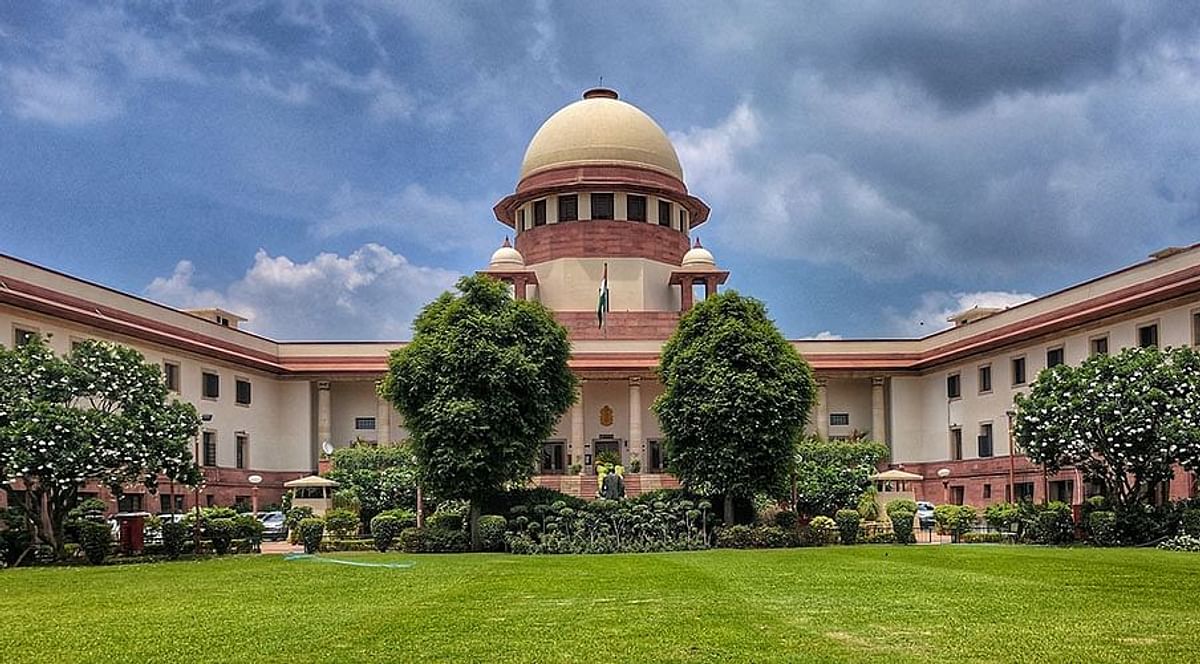
 OpinionExpress.In
OpinionExpress.In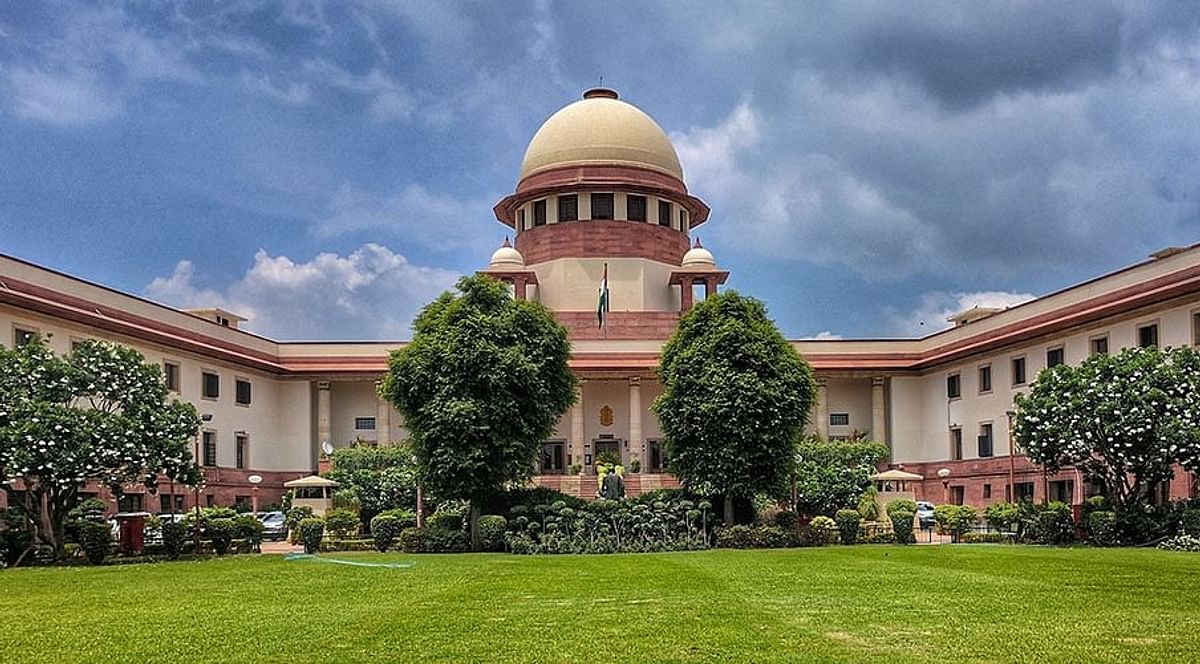
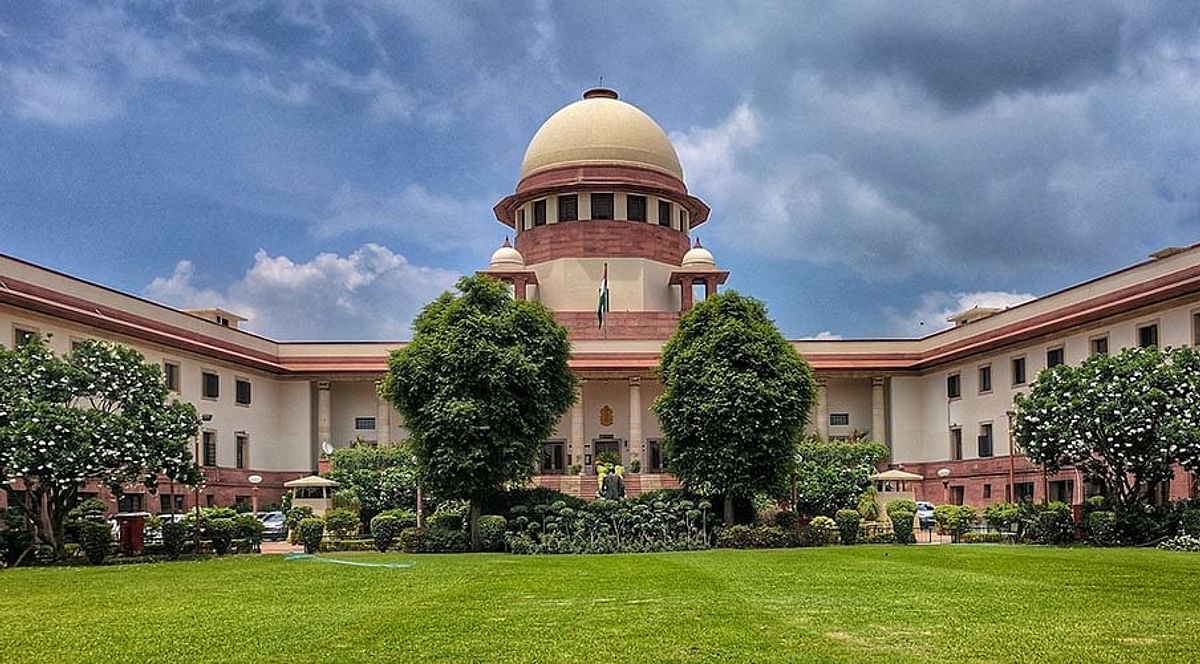
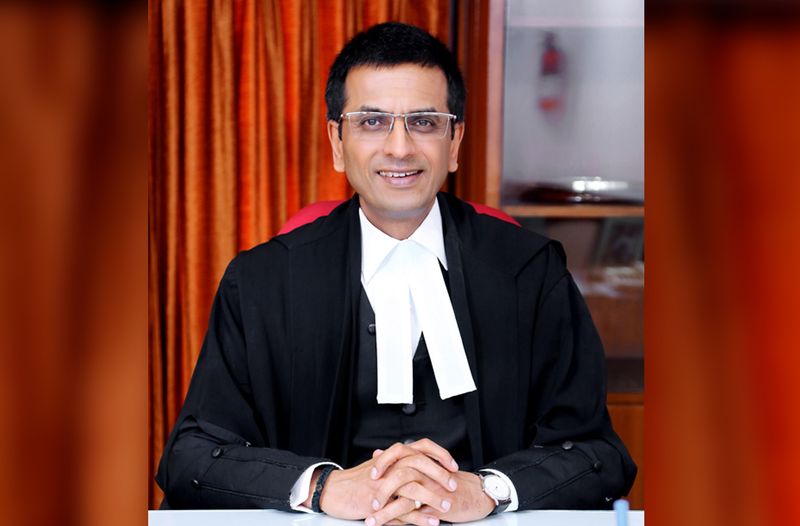
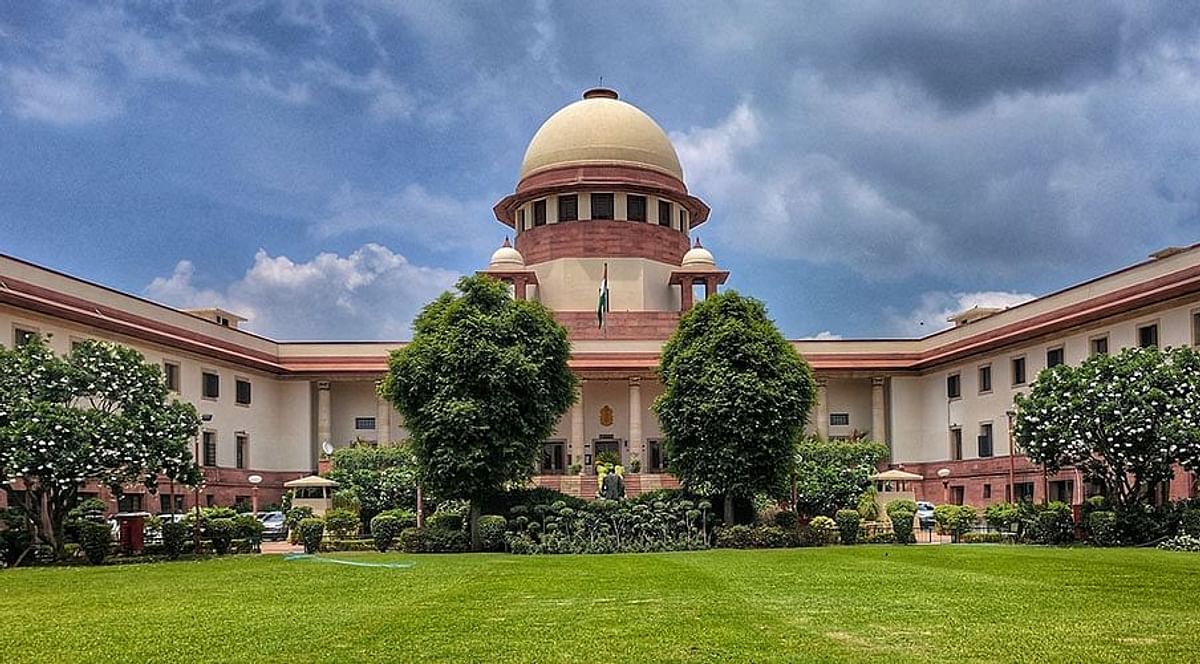
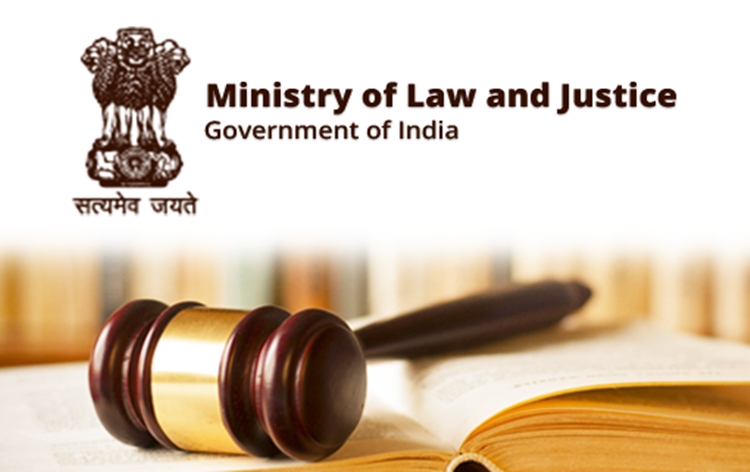
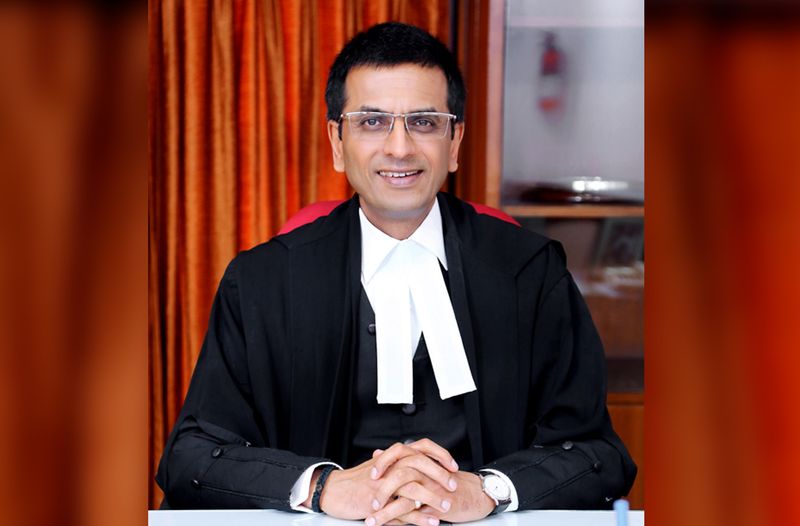
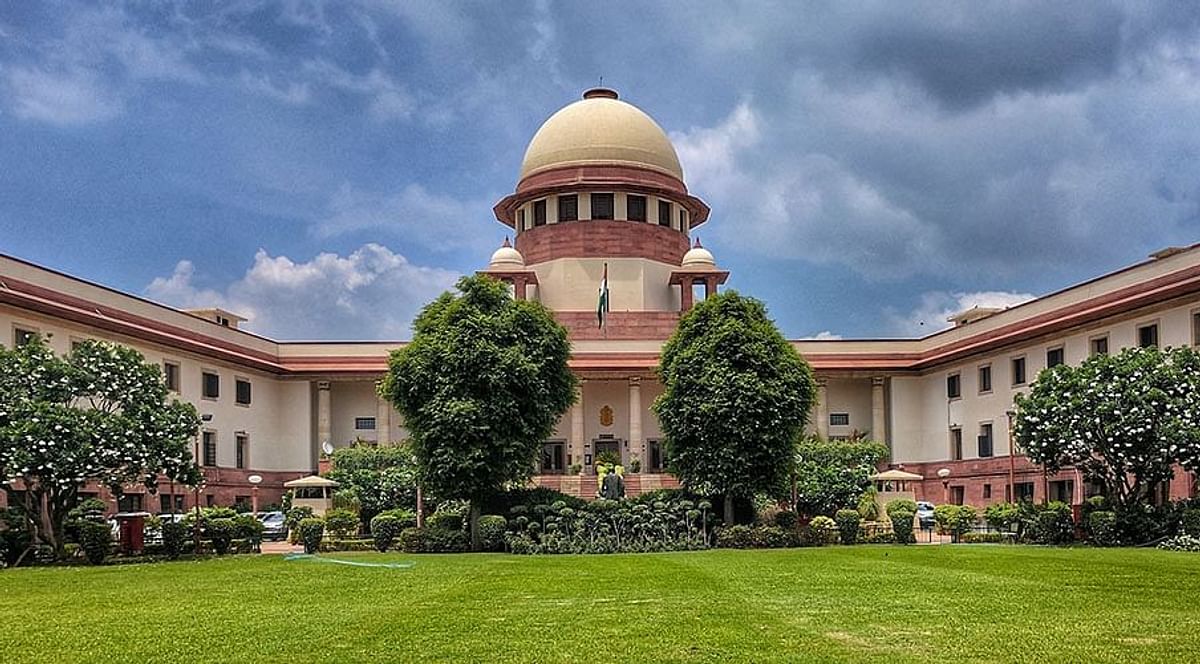

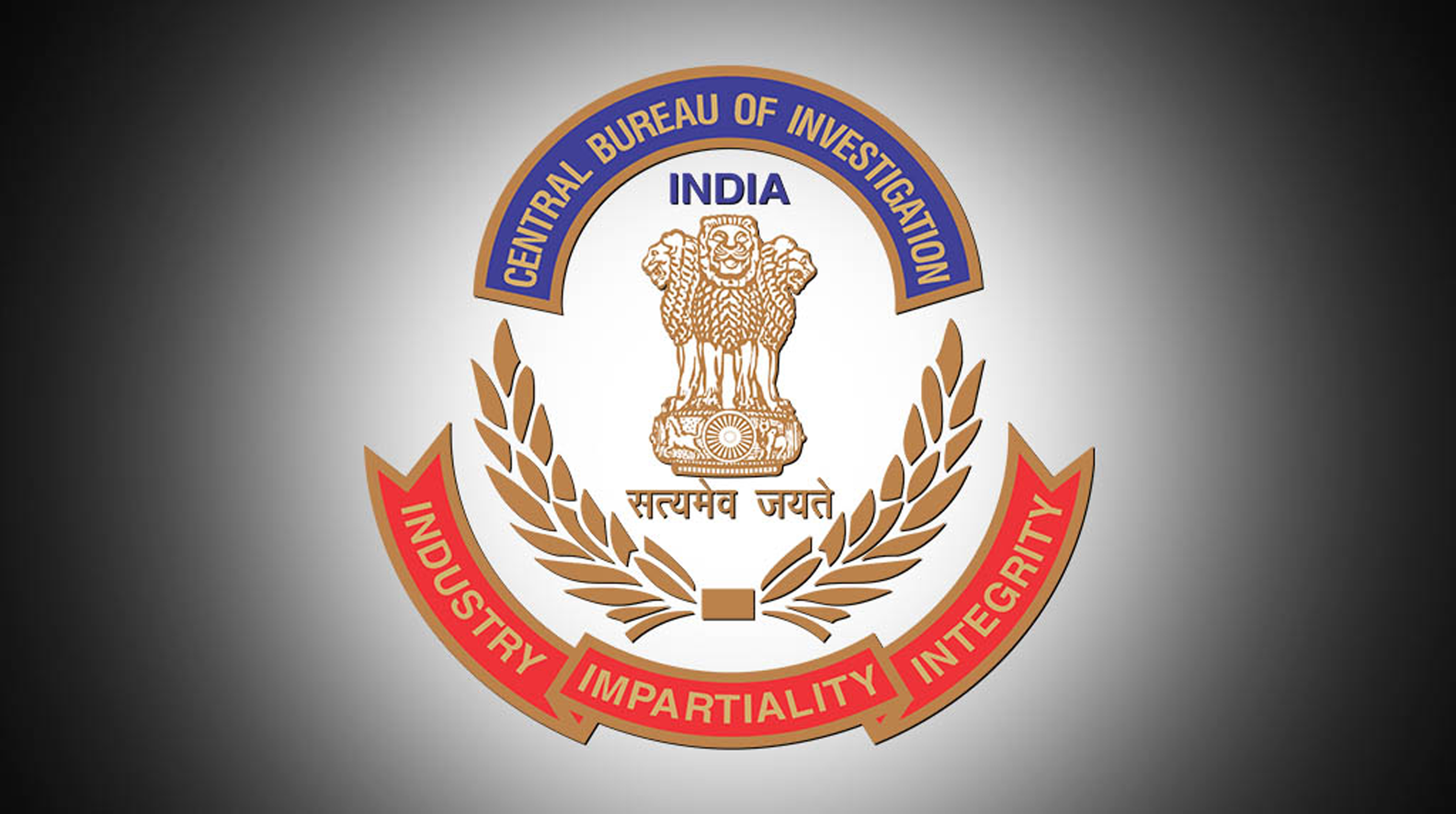
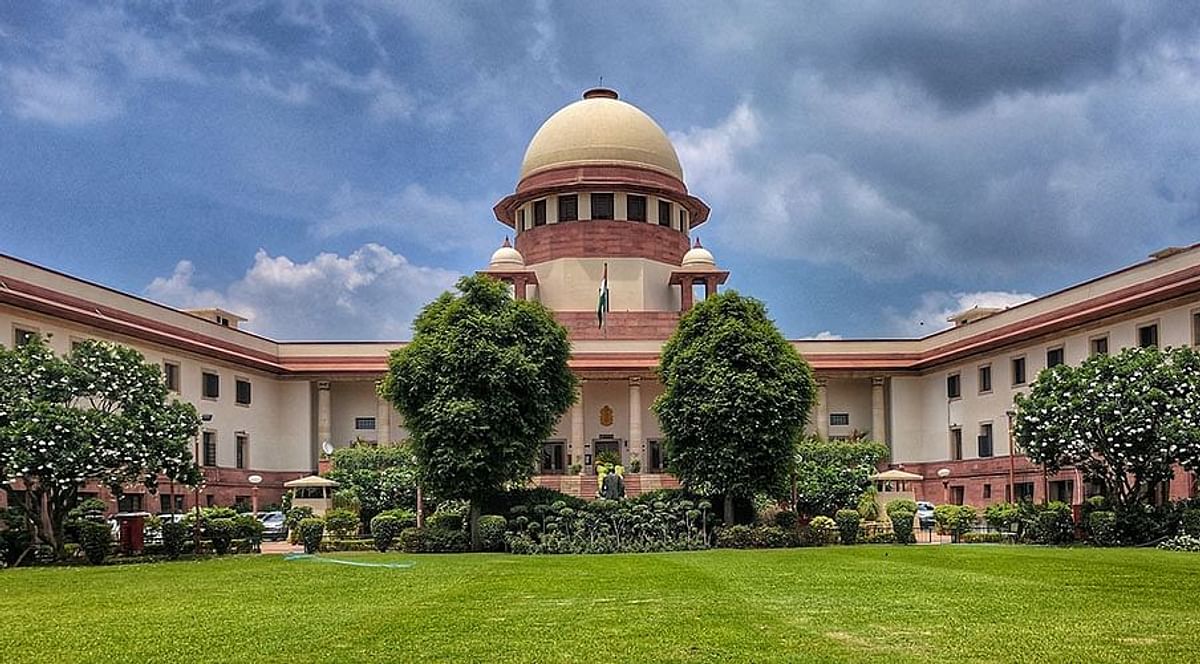






Comments (0)